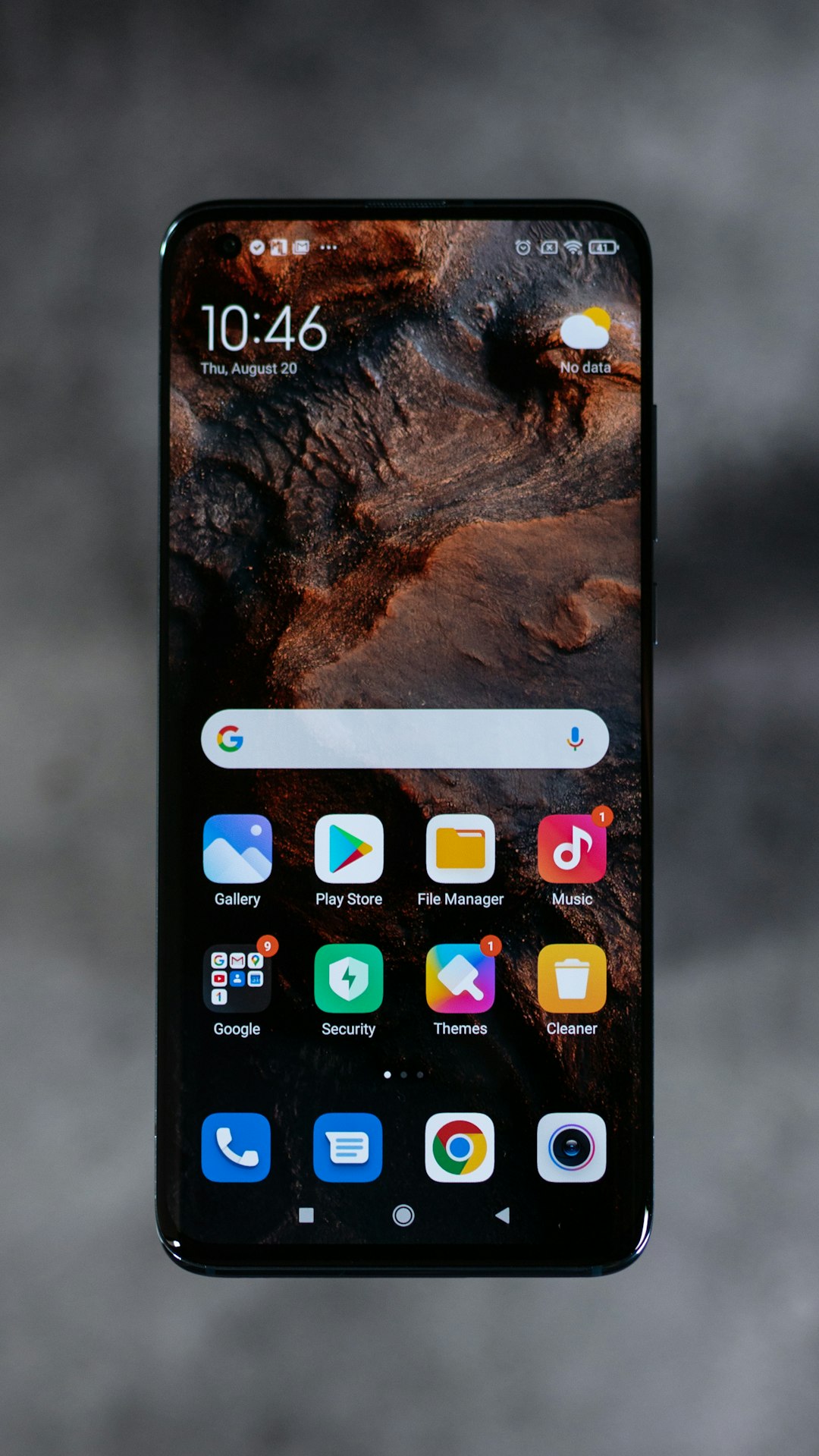Minnesota's stringent telemarketing laws protect residents from spam calls by regulating consent, disclosure, and call timing. If overwhelmed by unwanted marketing calls, consulting a Spam Call law firm in Minnesota is advised. These experts guide through legal frameworks, ensuring business compliance, and helping regain control over phone lines for a quieter home environment. Consumers can block and report intrusive calls, with firms offering crucial support for persistent issues or illegal practices. Fines and penalties deter violators, encouraging ethical marketing strategies.
In Minnesota, telemarketing laws are in place to safeguard consumers from unwanted calls, particularly those deemed as spam. These regulations provide a much-needed respite from persistent sales pitches and fraudulent schemes. This article explores Minnesota’s telemarketing laws, clarifying what constitutes an unwanted call, the rights of consumers, and the consequences for violations. For businesses and individuals seeking guidance on navigating these rules, this resource offers valuable insights from a Spam Call law firm in Minnesota.
Understanding Minnesota's Telemarketing Laws

Minnesota has stringent telemarketing laws in place to safeguard residents from spam calls and unwanted marketing tactics. These regulations are designed to give Minnesotans control over their phone lines and protect them from aggressive sales practices. Under Minnesota law, telemarketers must adhere to strict guidelines regarding consent, disclosure, and the timing of calls.
If you’ve been experiencing a surge in spam calls or feel your privacy has been invaded, it’s advisable to consult a Spam Call law firm in Minnesota. These legal experts can help navigate the complexities of telemarketing laws and provide guidance on how to stop unwanted calls effectively. They ensure that businesses comply with the rules, empowering residents to enjoy peace of mind and a quieter home environment.
What Constitutes an Unwanted Call?

In Minnesota, a “spam call” or unwanted call is typically defined as any telephone solicitation or marketing call that is received by a consumer without their prior consent or explicit invitation. This includes calls from law firms or other organizations promoting legal services, unless the recipient has agreed to receive such calls. The Spam Call law firm Minnesota residents should be aware of plays a crucial role in protecting citizens from these intrusive and often nuisance calls.
Unwanted calls can come from various sources, including automated systems or live operators. They may offer products or services, request donations, or attempt to sell legal advice. Consumers have the right to refuse such calls at any time and ask to be removed from the caller’s list. Understanding what constitutes an unwanted call is essential for Minnesota residents to know their rights under the state’s telemarketing laws and take action against persistent spam callers.
Rights of Consumers Under the Law

In Minnesota, consumers have powerful rights when it comes to protecting themselves from unwanted spam calls. The state’s telemarketing laws are designed to safeguard residents from aggressive or deceptive sales tactics, ensuring a peaceful and undisturbed environment. Under these laws, individuals can block and report annoying phone calls from telemarketers, giving them the control to decide which communications they wish to receive.
Consumers in Minnesota have the right to refuse calls from telemarketers by simply saying ‘no’ or asking to be removed from their list. This simple act can significantly reduce the number of unwanted calls. Additionally, a Spam Call law firm in Minnesota can offer guidance and assistance when dealing with persistent or illegal telemarketing practices, ensuring that residents’ rights are respected and upheld.
Consequences for Violations and Enforcement

In Minnesota, violations of telemarketing laws can lead to significant consequences for businesses and individuals involved. The state’s Spam Call law firm plays a crucial role in enforcing these regulations, ensuring that callers respect privacy rights and adhere to ethical practices. Fines and penalties can be substantial, ranging from monetary charges to legal actions, depending on the severity of the violation. For instance, unsolicited calls or those made using automated dialing systems without proper consent may result in substantial fines and damage a company’s reputation.
Enforcement agencies actively monitor compliance, prompting call centers and telemarketing companies to prioritize legal and ethical marketing strategies. The Minnesota Spam Call law firm works diligently to receive complaints from residents and investigate instances of nuisance calls or fraudulent activities. This proactive approach not only deters violations but also provides relief to citizens plagued by unwanted calls.






